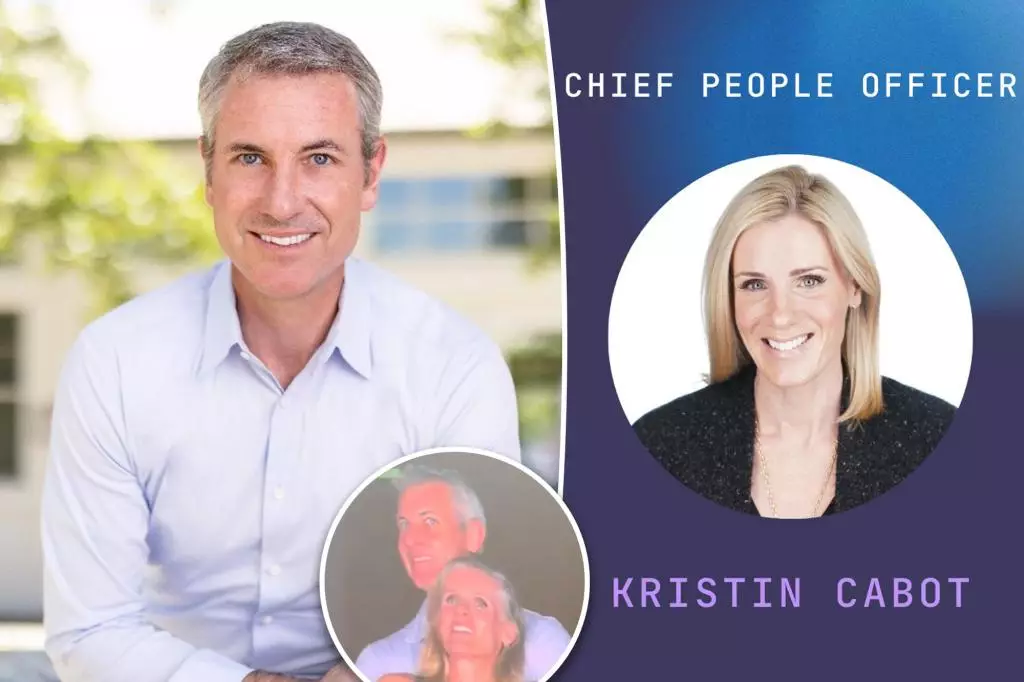When examining Andy Byron’s leadership trajectory at Astronomer, it’s impossible to ignore the stark contrast between professional praise and recent personal missteps. The executive was lauded for his strategic vision, clarity in steering a tech company during rapid growth, and his commitment to cultivating an inclusive company culture. His appointment as CEO in July 2023 was celebrated within industry circles, emphasizing his capacity to lead data-driven organizations into the future. Nevertheless, the recent viral incident at a Coldplay concert has cast a shadow over his reputation, raising questions about the authenticity of his leadership persona.
The claims of his and Kristin Cabot’s infidelity highlight the often hypocritical façade maintained by corporate leaders. Byron’s public persona suggests a focus on innovation, employee engagement, and ethical practices—yet the scandal reveals a personal lapse that could undermine trust in his leadership. Such contradictions serve as a reminder that professional success can sometimes be built on fragile foundations; character and integrity are just as essential as strategic competence. While organizations can survive personal scandals, they rarely emerge unscathed, especially when leaders fail to embody the values they promote.
The Power of Perception: Public Image Versus Personal Reality
In today’s hyper-connected world, a single viral moment can topple decades of image-building efforts. Byron’s and Cabot’s unintended notoriety reveals the volatile nature of reputation management in the digital age. Their portrayed embarrassment and the suggestion of an affair—whether true or exaggerated—cast doubt on their personal integrity and, by extension, their professional credibility. This incident challenges the notion that leadership is solely about vision and strategy; personal conduct and character are equally vital.
Interestingly, Byron’s professional history as an innovator in empowering data teams doesn’t inherently connect to his personal life, yet in the age of social media scrutiny, these lines are blurred. Companies today are held accountable not just for their products but also for the morality and behavior of their leaders. Such exposure forces CEOs to reflect on the importance of authenticity, consistency, and the alignment between their public image and private actions.
Final Reflection: Leadership Should Be Built on More Than Just Success
Ultimately, Byron’s story underscores that leadership is about more than just guiding a company—it’s about embodying the values and integrity that inspire trust. While his professional achievements are noteworthy, they are now juxtaposed with a personal moment that many will scrutinize for years. This dichotomy illustrates a simple truth: in the realm of influence, reputations are fragile. To truly lead, one must recognize that personal conduct directly influences professional credibility. Leaders should strive for authenticity in every aspect of their lives, understanding that public perception is often a reflection of internal integrity. Only then can they safeguard the legacy they seek to build—both at work and beyond.

